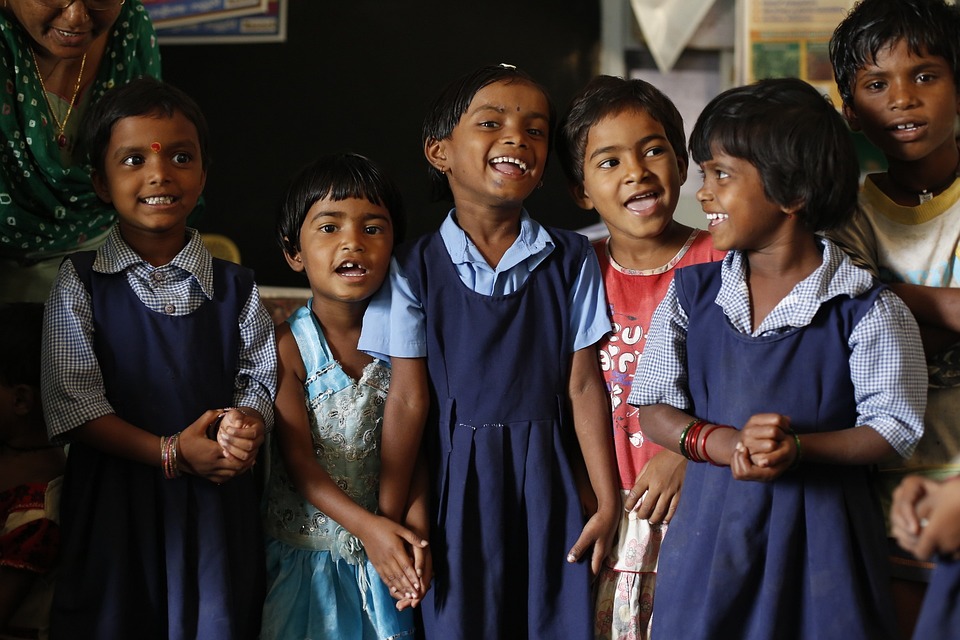Addressing Educational Issues in Indonesia: Solutions to Improve the Quality of Education
Education is a vital aspect of a nation’s development, as it plays a crucial role in shaping the future generations. However, Indonesia is facing several challenges in its education system, which are hindering the quality of education in the country. From inadequate infrastructure to a lack of qualified teachers, these issues need to be addressed in order to improve the overall quality of education in Indonesia.
One of the major issues in the Indonesian education system is the lack of access to quality education for all children. According to a report by UNICEF, around 28% of children in Indonesia are not attending school, with many dropping out due to financial constraints or the absence of nearby schools. To address this issue, the government should invest in building more schools in rural areas and provide scholarships or financial aid to underprivileged students.
Another challenge in the Indonesian education system is the shortage of qualified teachers. According to a study by the World Bank, Indonesia is facing a shortage of around 300,000 teachers, particularly in remote areas. To tackle this issue, the government should focus on recruiting and training more teachers, as well as providing incentives to attract qualified educators to work in rural and remote areas.
Furthermore, the quality of education in Indonesia is also affected by the lack of proper infrastructure and resources in schools. Many schools in Indonesia lack basic facilities such as libraries, laboratories, and computers, which are essential for a quality education. To address this issue, the government should invest in improving school infrastructure and providing schools with the necessary resources to enhance the learning environment for students.
In addition to these challenges, the curriculum in Indonesian schools also needs to be revised to meet the needs of the 21st century. The current curriculum is outdated and focuses more on memorization rather than critical thinking and problem-solving skills. The government should consider revising the curriculum to include more practical and relevant subjects, as well as promoting extracurricular activities to enhance students’ overall development.
To sum up, addressing the educational issues in Indonesia requires a multi-faceted approach that involves investing in infrastructure, recruiting and training qualified teachers, revising the curriculum, and providing access to quality education for all children. By implementing these solutions, Indonesia can improve the quality of education and ensure a brighter future for its youth.
References:
1. UNICEF. (2019). Education in Indonesia. Retrieved from https://www.unicef.org/indonesia/education
2. World Bank. (2018). Indonesia: The Road to Inclusive Growth. Retrieved from https://www.worldbank.org/en/country/indonesia/publication/indonesia-road-to-inclusive-growth










